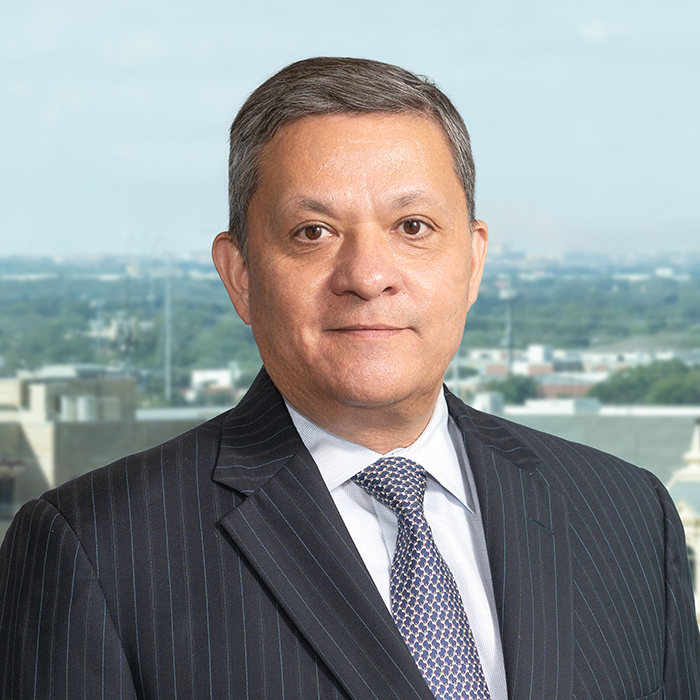Clients selling assets or interests to a foreign buyer and foreign buyers of U.S. assets or U.S. entities may feel the impact of new mandatory Committee on Foreign Investment in the United States (CFIUS) disclosures or notice requirements. Transactions involving the transfer of U.S. “Critical Industries” or its technology to foreign parties may be subject to mandatory disclosure requirements. The CFIUS Interim Regulations, issued on October 10, 2018, and effective November 10, 2018, require transactions involving Critical Industries to provide a CFIUS disclosure or a notice on November 10, 2018, if the transaction is to close before December 25, 2018, or, if it is to close after December 25, 2018, 45 days before the transaction is completed. The interim regulations are authorized by The Foreign Investment Risk Review Modernization Act of 2017 (FIRRMA), which go into effect without the formal public notice procedures. CFIUS is, however, accepting public comments on the Interim Regulations before November 10, 2018. CFIUS is expected to issue regulations specifying the civil penalties for failure to comply, which under FIRRMA may be as high as the value of the transaction. These Interim Regulations will be effective until final rules are in place no later than March 5, 2020. The Interim Rules supplement and amend but do not replace the existing CFIUS regulations. CFIUS continues to process Exxon-Florio Voluntary Disclosures as it has previous to FIRMMA.
The Interim Regulations expand the reach of CFIUS review to include “U.S. businesses that produce, design, test, manufacture, fabricate or develop one or more Critical Technologies [that are used in Critical Industries].” Critical Industries are specifically referred by NAICS Codes and cover many specialized manufacturing and technology industries. Annex A lists those industries and includes petrochemical, computer, telecommunications, aircraft, and chemical manufacturing to name a few of the 27 listed Critical Industries. Critical Technologies are defined as those that are classified under the Bureau of Industry and Security’s Commerce Control List as non-EAR-99 technologies. If a seller’s business is described in Annex A or supplies non-EAR-99 goods and technology to businesses in Annex A, careful analysis must be performed to determine if the foreign-buyer transaction is subject to a mandatory filing.
Rules that trigger a mandatory filing have broadened to cover transactions that were previously exempted as “passive or non-controlling investments.” If the transaction involves a Critical Industry or a company that supplies Critical Technology to a Critical Industry and, upon completion of the transaction: (1) allows a foreign buyer to have access to non-public technology that is considered “critical”; or (2) the foreign buyer sits on the board of directors or has a voice in company decisions – a mandatory filing may be required.
We anticipate additional guidance from CFIUS in the days to come, but those involved in a transaction with a buyer that may potentially be classified as a “foreign buyer” under the new regulations need to determine whether these new regulations apply to their transaction.
Jackson Walker’s International Trade attorneys have the experience and expertise to assist clients in navigating the CFIUS process. We can assist clients with this new expansive CFIUS review and filing process.
To explore Jackson Walker’s experience, visit the International and International Transactions practice pages.
 Meet Robert
Meet Robert
Robert L. Soza, Jr. is a skilled litigator and international trade attorney with sophisticated experience assisting clients with anti-corruption, U.S. export control, U.S. Customs, and CFIUS compliance. A licensed U.S. Customs Broker, Robert has conducted reviews and audits of transactions, counseled on enforcement issues, prepared voluntary disclosures, and represented clients in administrative, criminal, and civil enforcement proceedings initiated by the U.S. Department of Commerce, the U.S. Department of State, and the Office of Foreign Assets Control of the U.S. Department of the Treasury. Recognized by San Antonio Scene as a 2018 Best S.A. Lawyer in the areas of International Law, Business Litigation, and Environmental Litigation, Robert has instituted anti-corruption policies and provided training in Europe, Canada, and Mexico and has advised companies with projects in the Middle East, Asia, and throughout Latin America.
 Meet Robert
Meet Robert